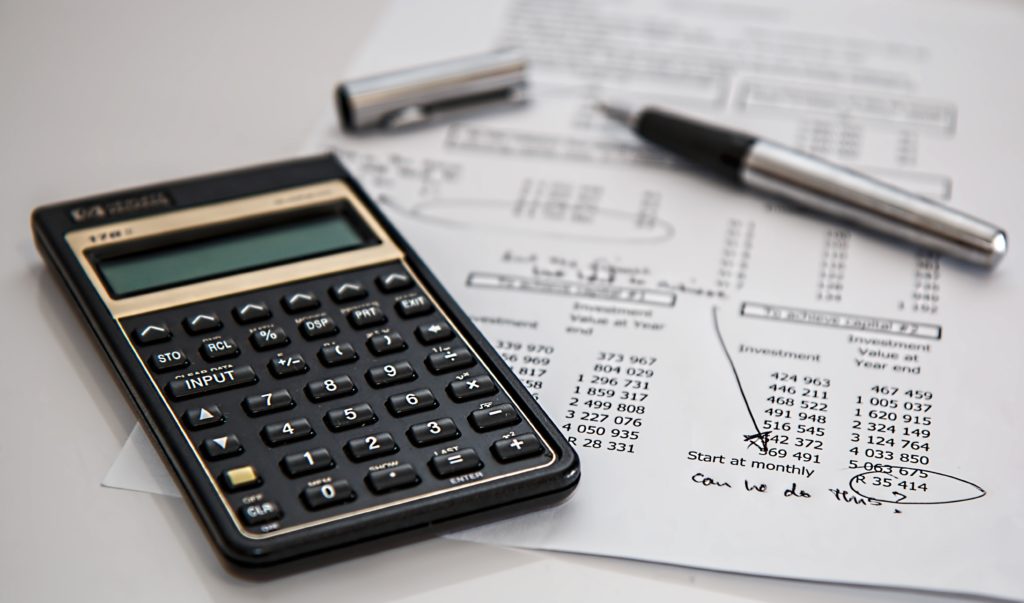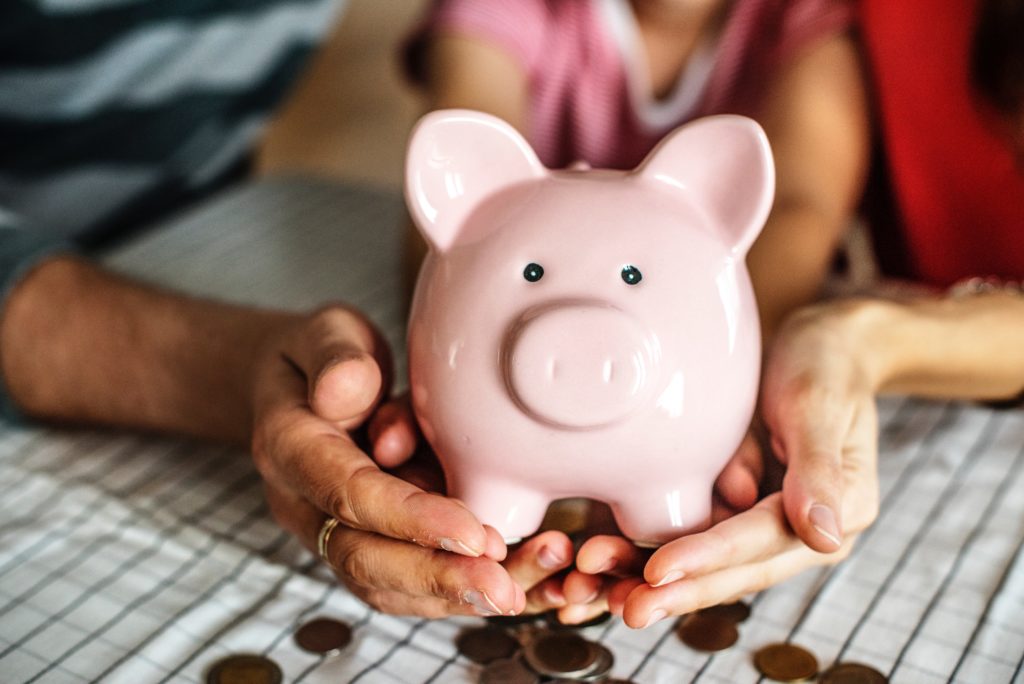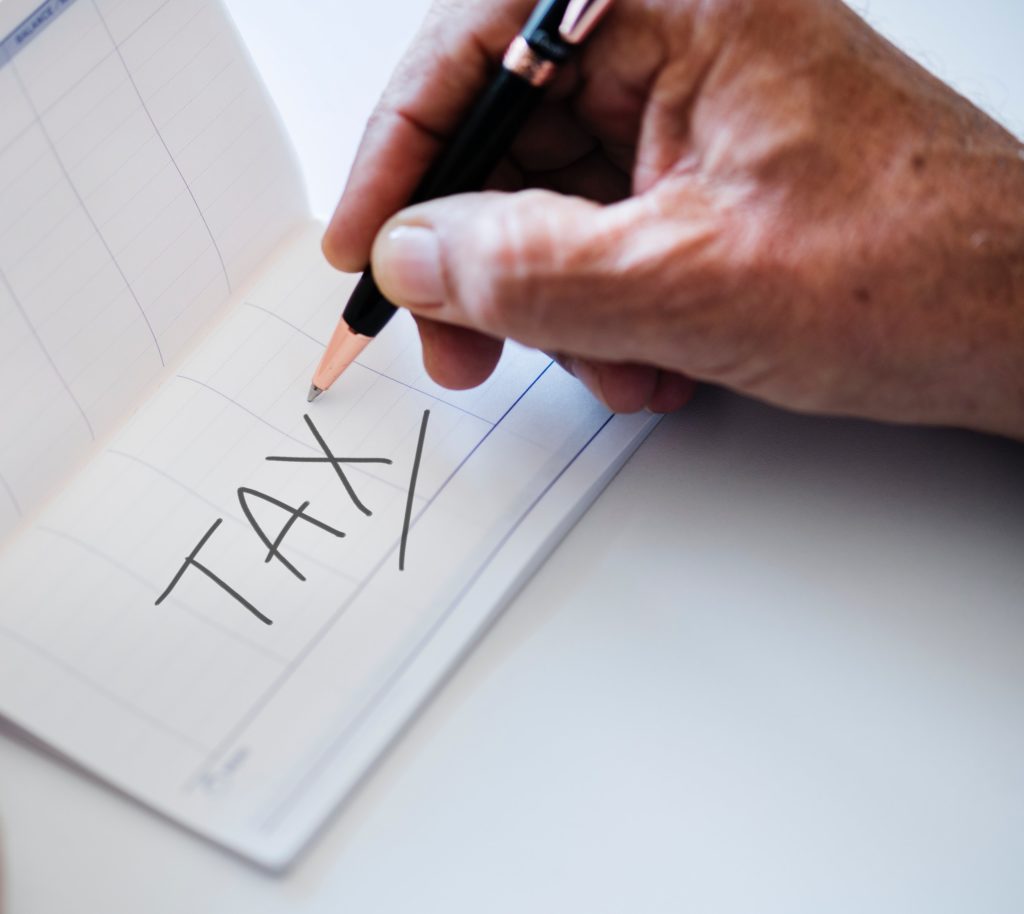

Whether you’re a first-time buyer or a seasoned pro, there are some important things to keep in mind when you’re considering an investment property.
1. Choose the right property at the right price


Investing in real estate is all about capital growth, so choosing a property that will increase in value is the most important decision you will make. Buying at the right price is absolutely critical.
Unlike buying shares where the value of a company is transparent, real estate is more difficult to price, this however provides you with the opportunity to acquire an asset below its real market value if you are patient and knowledgeable. The key for you is to do your research, work out what everything is selling for in and around the area and then you’ll discover that soon you’ll become very good at working out what a property is worth – you’ll know a bargain when you see it. Never consider purchasing real estate in an area that you are unfamiliar with, particularly when you are approached by real estate sprinklers marketing interstate or offshore properties, many of these real estate marketing companies are paid very high commissions resulting in the price of the property being hugely inflated.
If you do find a property that you like and are unsure of its real value we’d suggest contacting us or another lender so you can arrange for an independent valuation to be done on behalf of a bank and once you are armed with this information you can often use this as a good negotiating tool.
You probably aren’t aware but lenders and mortgage insurers have valuable data on different locations and property developments and you should try and access this information to assist you to avoid picking the wrong investment property. Whatever you do, never make a decision to buy an investment property based on getting a tax deduction – always focus on making the right investment choice.
Ensuring that you have a steady rental income stream is also vital because this cash flow will make the holding of the asset more affordable and provide income.
Different classes of residential property – home units, houses and land – can outperform each other over time. For example, vacant land will provide no rental income but may appreciate more quickly if purchased in an area with limited supply. Investing in a home unit might mean less maintenance costs than investing in a freestanding weatherboard house.
Some areas offer higher rental yields, but it is important that you do your homework as often these properties provide lower capital growth opportunities.
It is also important that your property suits the demographics of renters in the area. For example, if it is near a university more bedrooms will be in greater demand than a big backyard for kids to run around. A family home that is close to schools and parks on a quiet street will be more desirable than a property on a busy road.
2. Do your sums – Cash flow is always king!


Include all expenses in your analysis.
Investing in property is a proven path to long-term wealth, however you should consider it a medium to longer term type of investment, so you’ll want to make sure that you can afford to maintain your mortgage repayments over the long term. You will not want to have to sell your investment property until you are good and ready and if you were to encounter some financial stress, this could force you to offload the property at the wrong time.
Once you own an investment property it can be quite inexpensive to keep it and service the loan, that’s because you earn rent and get a tax deduction on many of the expenses associated with owning he property and remember that over time rents tend to increase as does your own income – so expect things to get easier over time.
Here is an example of what it might cost you to own an investment property. We recommend that you look at cost of servicing the loan on an after tax basis, this way you can put the cost in real terms for you.
Purchase Price of Property: $500,000 Stamp Duty and other costs: $20,000 Amount Borrowed: $520,000 Rental Income Received: $450 per week
Ongoing Costs Interest Cost @ 5.00% p.a: $26,000 Rates: $1,500 Land Tax: $804.00 Agents Fee @ 7%: $1,638 Insurance: $500
Total Costs: $30,422 Less Rent: $23,400 ($450 per week x 52) Annual Shortfall: $7,022 Less tax deduction: $3,160 (assuming a tax rate of 45%) Annual after Tax cost: $3,862 or the equivalent of $74.26 each week
In summary on this example your cost of holding this investment property works out at only $75 per week. Now I like to put that cost in a form that makes sense to me – for example the cost of holding this investment property is perhaps a tank of petrol or a couple of bottles of nice wine.
Make yourself aware of taxes involved in property investing and add these into your calculations. Advice from your accountant is vital in this regard as these can change over time. Stamp Duty, Capital Gains Tax and Land Tax all need to be taken into account.
Remember that interest rates can vary over time but the good news for property investors is that in times of rising interest rates you can normally expect to be able to increase the rent.
You should know also that banks only take 80% of the rental income into account when working out whether you can afford an investment loan. This is due to costs like letting fees and vacancy rates, which you will incur, consider using this as a rule of thumb for you too. If you need help to work out the cost of holding an investment property you can contact us.
3. Find a good property manager and let them to do their job.

A property manager is usually a licensed real estate agent that is a professional in their field, their job is to keep things in order for you and your tenant. They can help you with ongoing advice and help you manage your tenants and get you get the best possible value from your property, a good agent will let you know when you should review rents and when you shouldn’t.
The property manager should be able to give you advice on property law, your rights and responsibilities as a landlord – as well as those of the tenant. They’ll also take care of any maintenance issues, although you should approve all incurred costs (other than certain emergency repairs), in advance.
The property manager will also help you find the right tenant, conduct reference checks and make sure they pay their rent on time. It is important also that you don’t interfere too much with tenants because there are laws that give them rights, so always try to respect them. You should however make regular independent inspections of your property to make sure that the tenant is looking after your investment but always go through your agent and give plenty of notice.
The good news is that the cost you pay to your managing agent is usually a percentage of the rent paid, is deducted from the rent and is tax deductible
4. Understand the market and the dynamics where you are buying.


Consider what other properties are available in the immediate area and speak to as many locals and real estate agents as you can – they’ll let you know if one side of a street is considered superior to the other. I always like to let competing agents know that I am looking at another similar property to see what they the say, it’s a good trick to get inside information. Make sure you do the leg work and consult professionals you can trust.
Accessing independent information from a source such as RP Data can give you information on average rents, property values, demographics and suburb reports. You can access a lot of information on the Internet but if you want a free RP Data Report, contact us and we’ll be happy to provide you with one free of charge as we subscribe to their services. It is also a good idea to find out what changes may be happening in your suburb and local council can often help here.
For example, a major construction next to your property could make it harder to find a tenant at the right price or a planned by-pass may mean traffic will be reduced and this may increase the value of your property quicker than expected.
5. Pick the right type of mortgage to suit you.


There are many options when it comes to financing your investment property, so get sound advice in this area as it can make a big difference to your financial well-being. It is surprising how many people spend too much time researching mortgages in an attempt to save a few dollars a month, rather than spending that time on researching their local real estate market where much bigger gains can be had. I’ve seen some very smart people haggle passionately with a lender over a few dollars a month on their home loan, only to pay $100,000 over the reserve price at auction for a property.
Interest on an investment property loan is generally tax deductible, but some borrowing costs are not immediately deductible and knowing the difference can count. Structuring your loan correctly is critical and this should be done with the help of a trusted financial advisor. I always avoid mixing up investment property loans with your home loan, they need to be separate so you can maximise your ongoing taxation benefits and reduce your accounting costs.
Whether you choose a fixed rate loan or a variable rate loan will depend on your circumstances, but consider both options carefully before you decide. Over time variable rates have proven to be cheaper, but selecting a fixed rate loan at the right time can really pay off. Remember that rate usually rise in line with property prices, so increasing interest rates are not always bad news for property investors as they have more than likely had a win on the capital gains front.
Most investment loans should be set up as Interest Only (rather than Principal and Interest) as this increases the tax effectiveness of your investment, particularly if you have a home loan, but make sure you try and factor in flexibility. The reason Interest Only loans work well for investment properties, is that with a Principal and Interest loan, your negative gearing benefit reduces as you pay down the amount of your loan. You may also want to seriously consider an investment loan that gives you the opportunity of paying interest in advance or has an Offset Account.
6. Use the equity from another property.


Leveraging equity in your home, or equity from another property investment, can be an effective way to buy an investment property. Equity is the amount of money in your home that you actually own. It can be calculated by working out the difference between what your property is worth and what you owe on the mortgage.
For example, if your home is currently worth $750,000, and you have $250,000 remaining to pay off on the mortgage, you have $500,000 worth of equity. Also, using the equity in your existing home can allow you to borrow more money against your investment property, which will increase your tax deductions.
7. Explore Negative Gearing.


Negative gearing can offer property investors certain tax benefits if the cost of the investments exceeds income it produces. However, you can only get a tax benefit if you earn other taxable income in the first place. So, while you are actually making a loss on the property, the advantage is that the loss can be used to reduce the amount of tax on your other earnings. However don’t buy an investment property just to get a tax deduction.
8. Check the age and condition of the property and facilities.


Even with negative gearing, needing to replace the roof or hot water service in the first few months of ownership could make significant difference to your profits and really damage your cash flow.
It is therefore advisable to engage a professional building inspector before you purchase (and then once a year) to conduct a thorough inspection of the property to find any potential problems.
It is also wise to use a qualified tradesperson who is licensed to carry out the work and who has adequate insurance to protect you against poor workmanship.
It’s not always a bad thing to buy a property that is not in peak condition because you get the opportunity to improve the value of the property by fixing the place up and this can increase your returns for both capital growth and rental income. Now you can’t do that when you buy shares.
9. Make the property attractive to renters.


Go for neutral tones and keep the kitchen and bathroom in good condition. You’ll find that you will attract better quality tenants if you have a well presented property and the last thing you want is a bad tenant.
Another point that is subject to debate is whether you should buy a property that you’d be happy to live in yourself. Some people believe this will mean it is appreciated more and some people don’t care.
However, think about differentiating between your own home and your investment to avoid becoming overly involved; remember it is the home of your tenant and not your own.
For me it is important to remember the day will come when you’ll want to sell the property and if a home is appealing to not only property investors but also owner occupiers you’ll have a wider market for the property and this will maximise your selling price. I think that owner occupiers are willing to pay a little more for the right property because it becomes a more emotional rather than a logical purchase.
10. Take a long term view and manage your risks.


Remember that property is a long-term investment and you should not rely on property prices rising straight away. The longer you can afford to commit to a property the better and as you build up equity then you can consider purchasing a second investment property – try not to get too greedy and find the right balance between financial stability and still being able to enjoy life. Financial security is very important but life is not just about mathematics.
Finally, remain aware that unlike shares or managed funds, you can’t just sell part of your investment property if you need money. In short, be cautious, but consider that record migration levels and a rental property shortage are crucial factors favouring investing in property.




